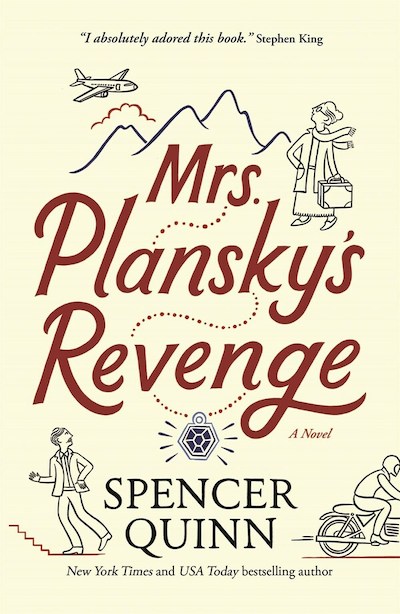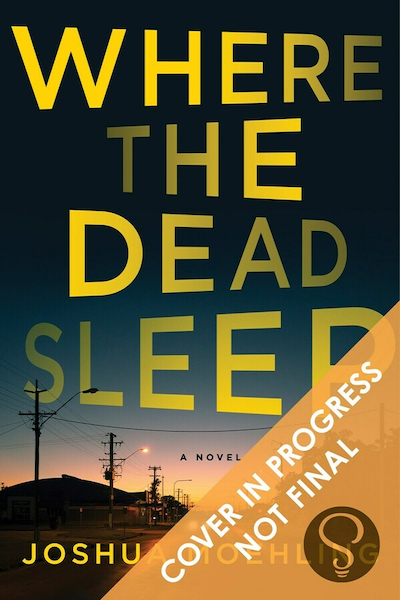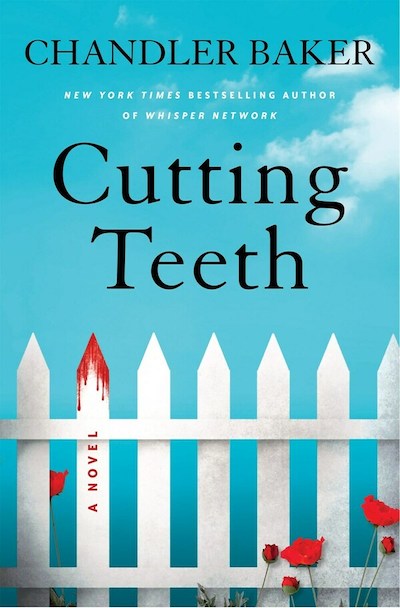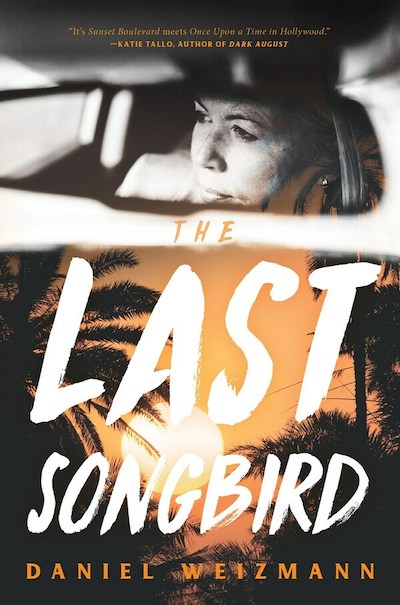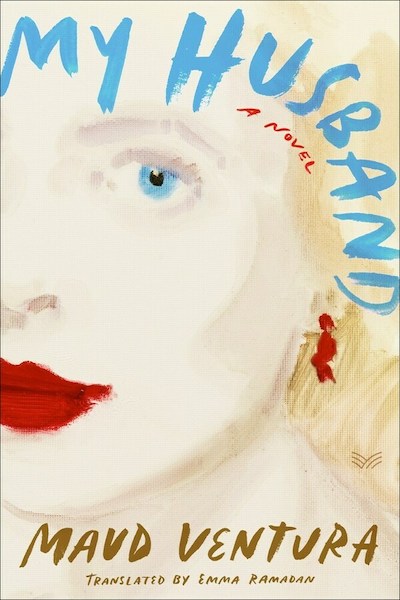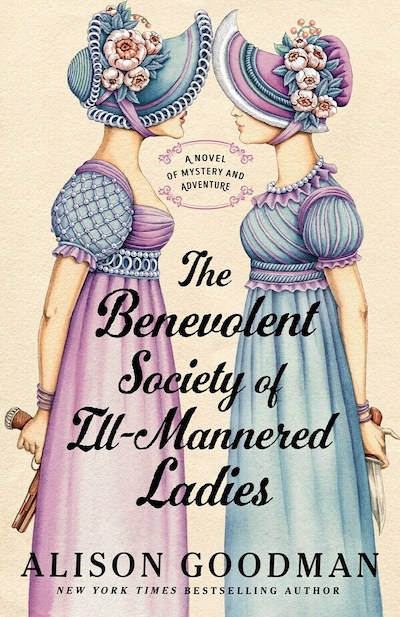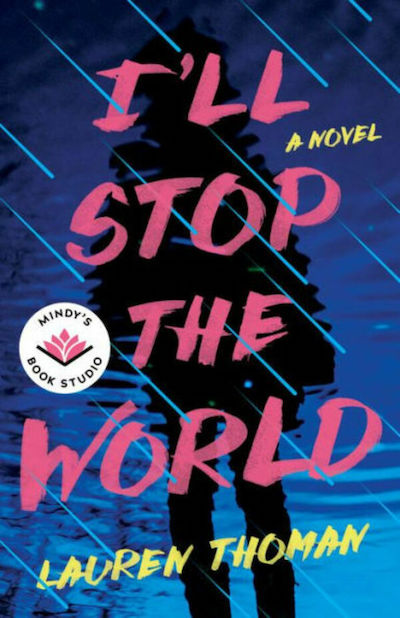Edgar Award-winning Hirahara’s first novel in this series, Clark and Division, was a New York Times Best Mystery Novel of 2021, among many other accolades; this follow-up will please fans with more thoughtful, poignant, and historically accurate investigations of Japanese American life after World War II.
After leaving the Manzanar camp in the first book and moving to Chicago, nurse’s aide Aki Nakasone and her parents have returned to California, where they prospered before being imprisoned, and where her father and others desperately hope to reclaim their land and businesses. Aki’s husband, Art, gets work at the Rafu Shimponewspaper (where Hirahara has worked), but his after-work drinking with other journalists leaves Aki feeling she saw more of him when he was in the army. She’s distant from her parents, too, despite sharing their home, with Hirahara portraying the generational difference as part of the estrangement that is the central theme of the book. Her characters raised in the camps display a kinship that transcends other bonds and leaves them markedly and painfully adrift from their parents.
When Art’s army buddy Babe goes missing after his father’s battered body is found, Aki sets out to find Babe and restore balance to her own unsettled life. This quest sees her explore elements of postwar life such as the competition between returning Japanese and Black Americans for housing and the effects of “shell shock” (PTSD) on a community. A must-read.



